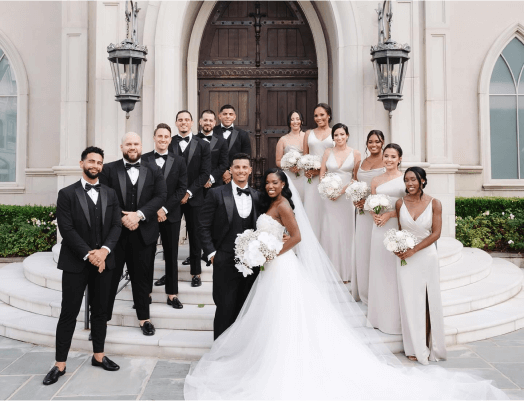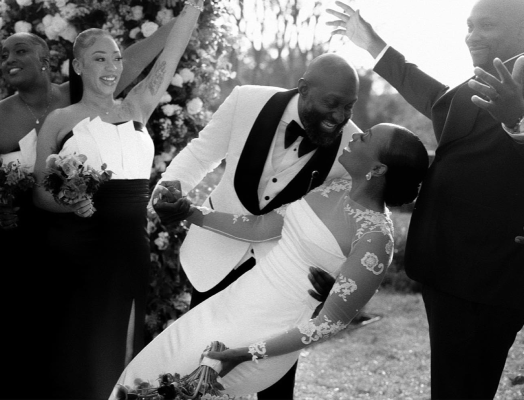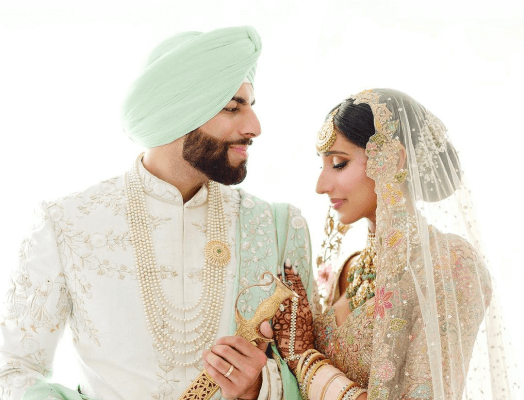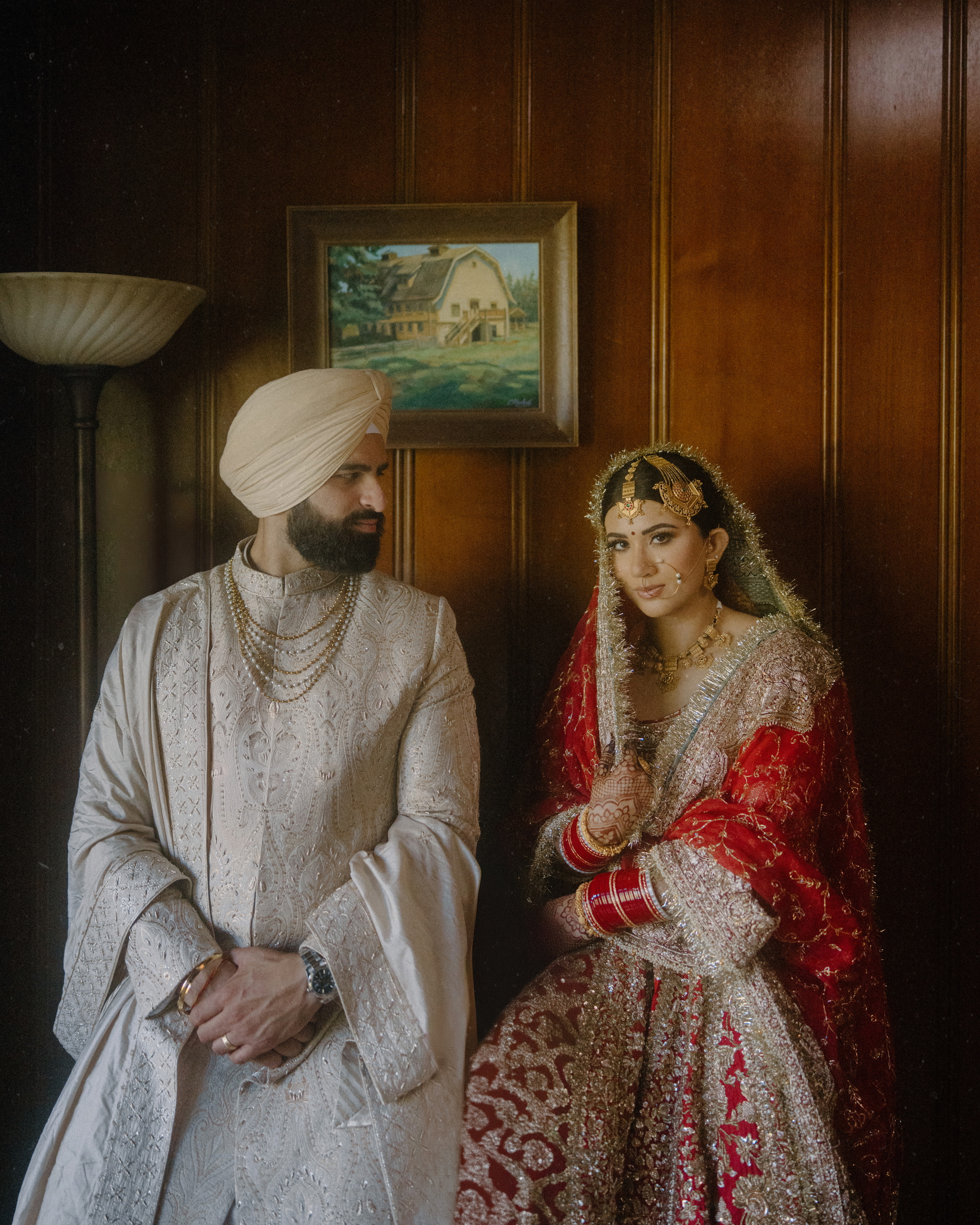When to Get Married: Finding the Perfect Time for You
- Author: Natali Grace Levine
- Reading time: 7 min 13 sec
- Publication date: 10/16/2024
- Updated: 02/12/2026
- The Evolution of Marriage Age Over Time
- The Importance of Maturity in Marriage Decisions
- Financial Stability: A Key Consideration
- Life Experiences Shape Readiness for Marriage
- The Role of Societal and Cultural Expectations
- Pros and Cons of Getting Married at Different Ages
- Marrying in the Early Twenties
- Marrying in the Late Twenties
- Marrying in the Thirties
- Marrying in the Forties or Later
- How to Determine the Best Age for Yourself
Marriage represents one of the most important decisions a person can make in their life. It marks a transition that brings about profound changes, influencing one’s lifestyle, priorities, and long-term aspirations. It is a union that demands considerable thought and preparation, and a crucial aspect that often arises in discussions is when to get married. The ideal age to say "I do" varies significantly from one person to another, sparking an ongoing debate about what truly constitutes the right age to get married. For some, getting married young may feel like the natural choice, while others might prefer waiting until they have more life experience and stability. So, how does one determine the optimal age for marriage, and what factors should be considered?


Find Your Perfect Wedding Vendors
The Evolution of Marriage Age Over Time
Historically, marriage was often seen as a necessity rather than a choice, with young people tying the knot in their late teens or early twenties. Cultural norms and societal expectations played a huge role in pushing individuals to marry early, as starting a family was considered a top priority. In many cultures, marriage served as an economic and social arrangement, often organized by families to strengthen alliances or ensure financial stability. Consequently, people married at a young age, and it was widely accepted as the norm.

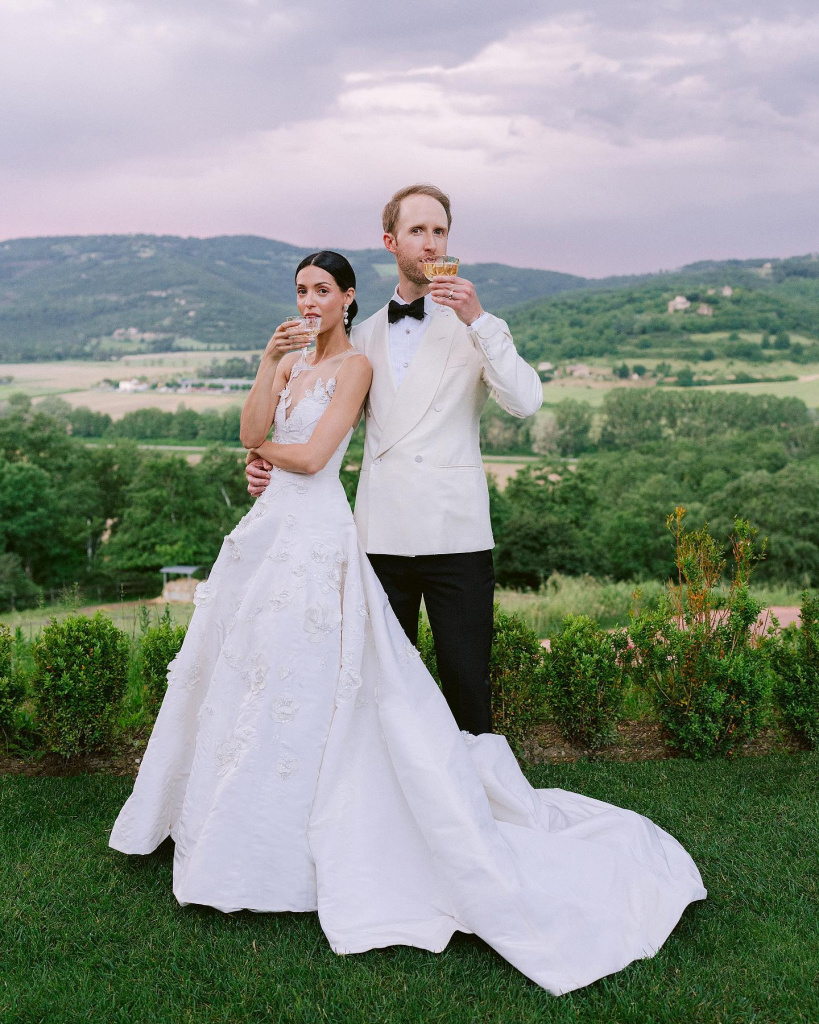
However, the concept of marriage has evolved dramatically over the past century, leading to significant changes in how society views the appropriate age for getting married. With greater access to education, more career opportunities for women, and shifting attitudes toward individual freedom, the average age for marriage has gradually increased. Today, many people opt to marry later, typically in their late twenties or thirties. This shift reflects a recognition of the importance of personal growth, emotional maturity, and financial stability before committing to marriage.
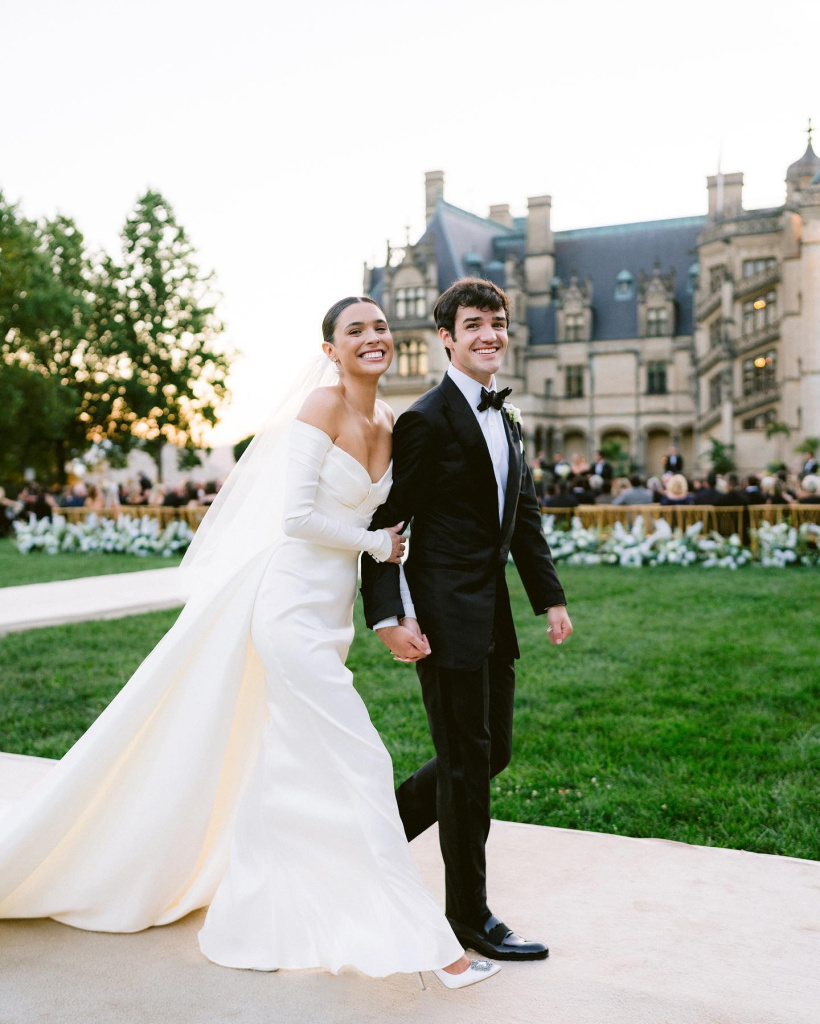
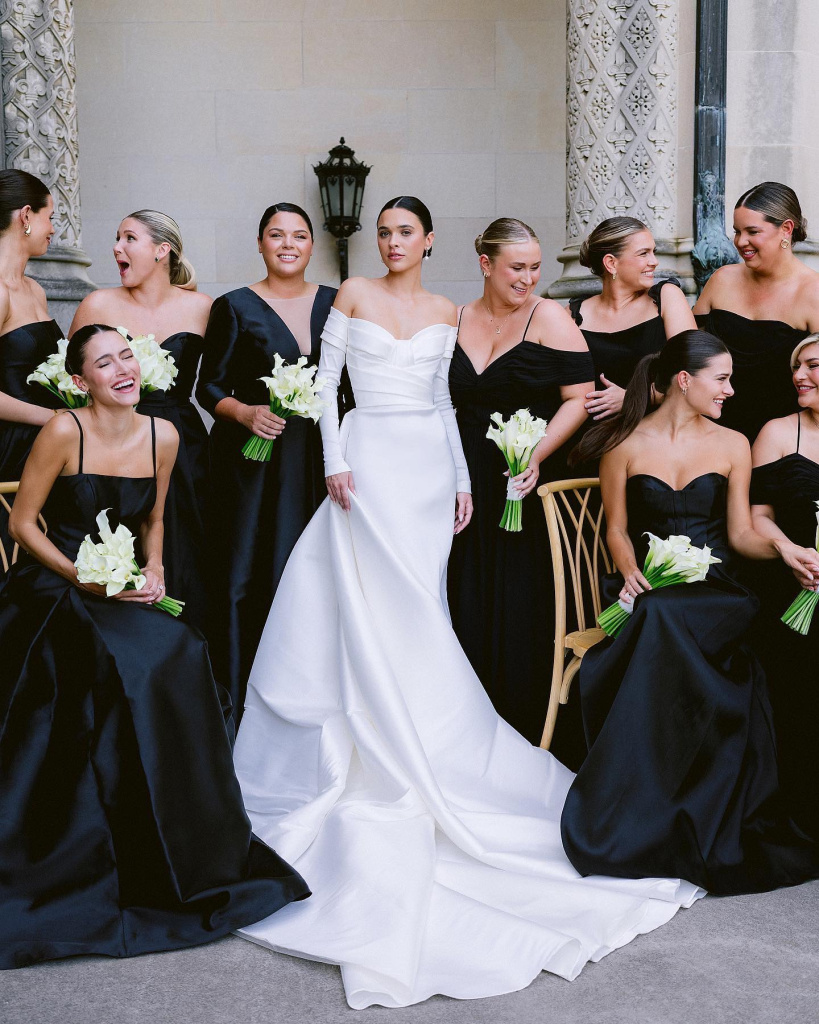
Statistical data further support this trend. Research shows that the average age for first marriages in countries like the United States, Canada, and several European nations has been steadily rising over the past few decades. While this change is largely attributed to social and economic factors, studies also suggest that waiting longer to get married may actually improve the chances of a stable and fulfilling marriage. Individuals who delay marriage often have a better understanding of themselves and are more equipped to handle the complexities of married life. This is partly because they have had more time to mature emotionally, develop their careers, and acquire financial independence.
The Importance of Maturity in Marriage Decisions


One of the fundamental aspects to consider when deciding the right age to get married is emotional maturity. While age can be a useful indicator of a person’s readiness for marriage, it is not a definitive measure. Emotional maturity involves self-awareness, the ability to regulate one's emotions, and the capacity for empathy and understanding toward others. These qualities are crucial for maintaining a healthy relationship, as they allow partners to communicate effectively, resolve conflicts, and adapt to each other’s needs.
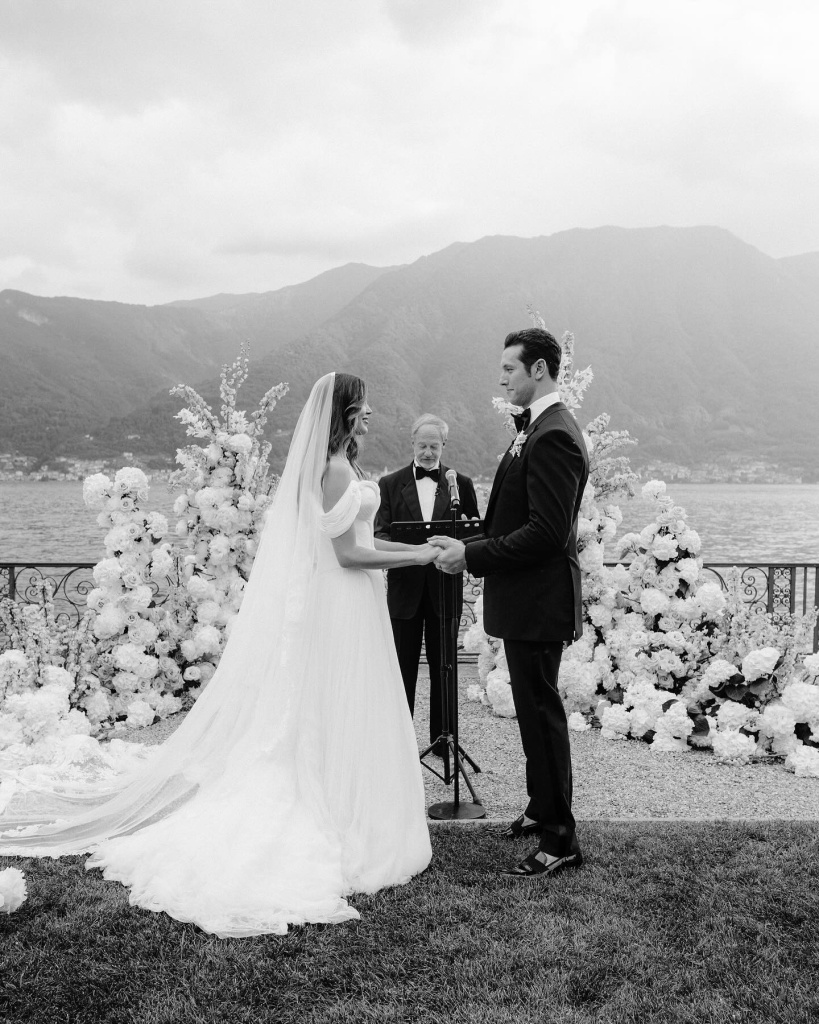

Young couples may face challenges if they lack the emotional readiness required for marriage. It is common for individuals in their early twenties to still be discovering who they are, what they want from life, and what kind of partner complements them. Marrying during this period of self-exploration can lead to misaligned expectations, as the priorities and desires of young partners may evolve significantly over time. In contrast, those who marry in their late twenties or thirties often approach the relationship with a greater sense of self-awareness, having had more time to reflect on their needs and values.
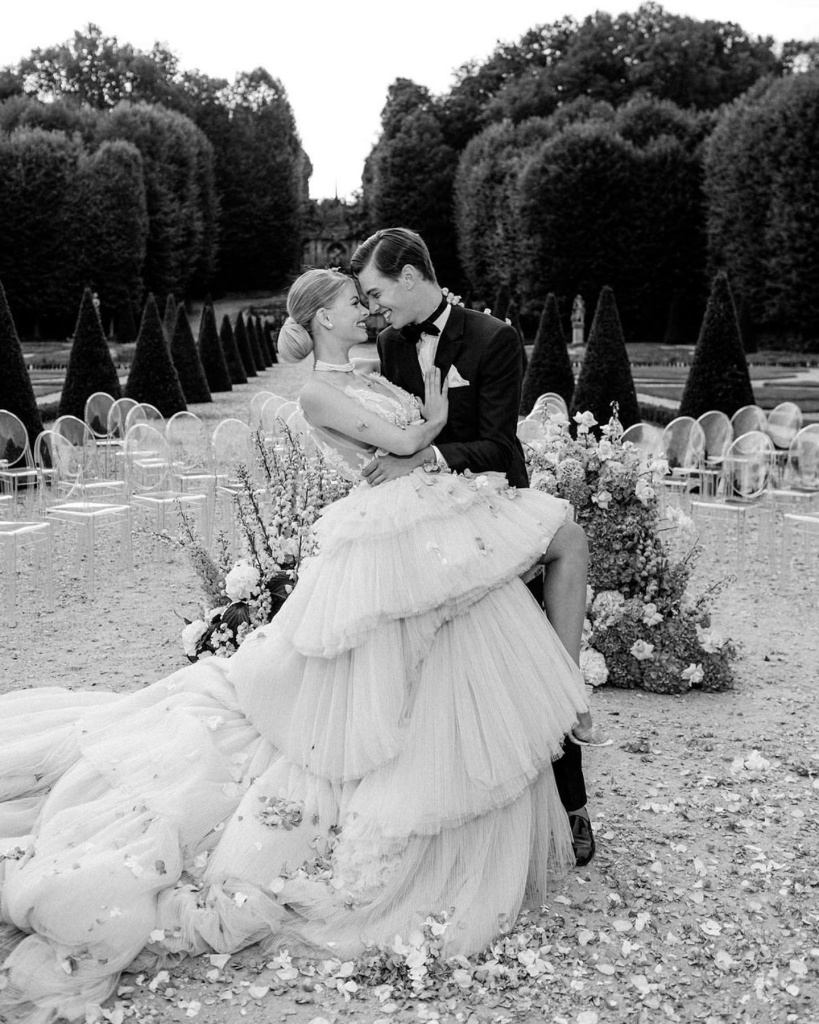
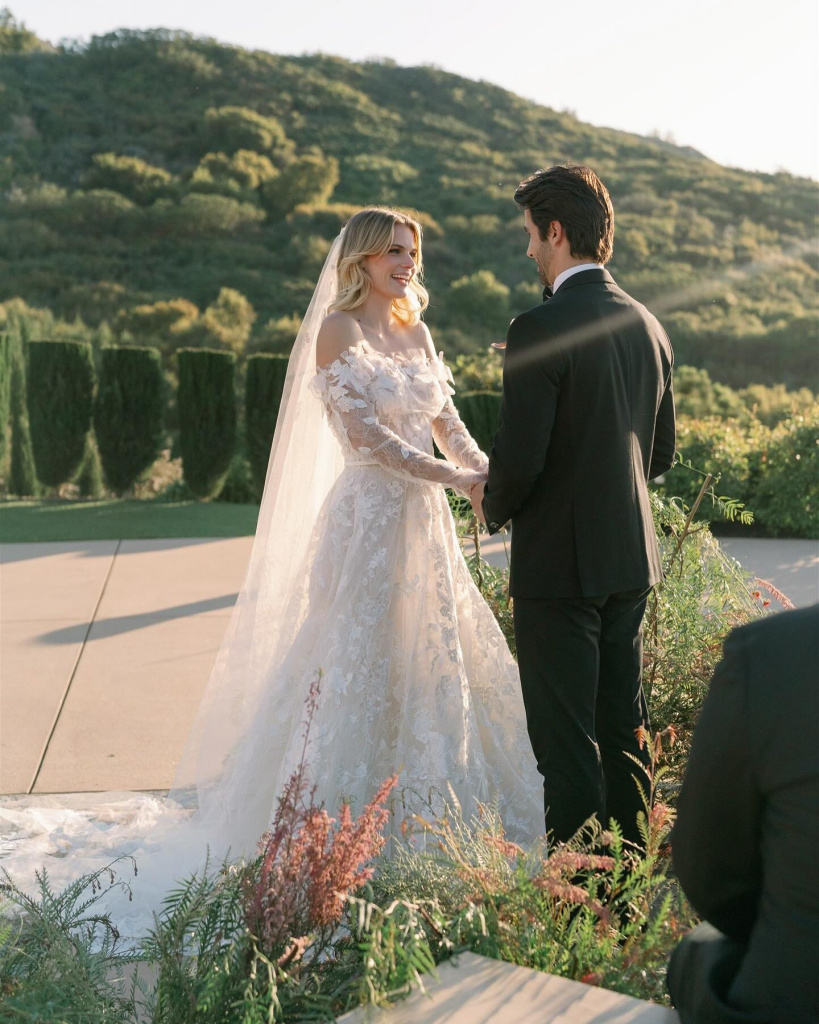
Financial Stability: A Key Consideration


Financial independence is another critical factor that influences when to get married. Marriage involves sharing responsibilities, including financial ones, which can become a source of stress if either partner is not financially stable. It is not uncommon for couples who marry young to experience financial difficulties, as they may still be pursuing higher education or just starting their careers. The added pressure of supporting a household can strain the relationship, leading to disagreements and dissatisfaction.


By waiting until they have established themselves professionally, individuals can approach marriage with greater financial security. This does not necessarily mean that one must be wealthy before getting married, but having a stable income and a solid financial plan can provide a sense of security that allows couples to focus on building their life together rather than worrying about day-to-day financial struggles.
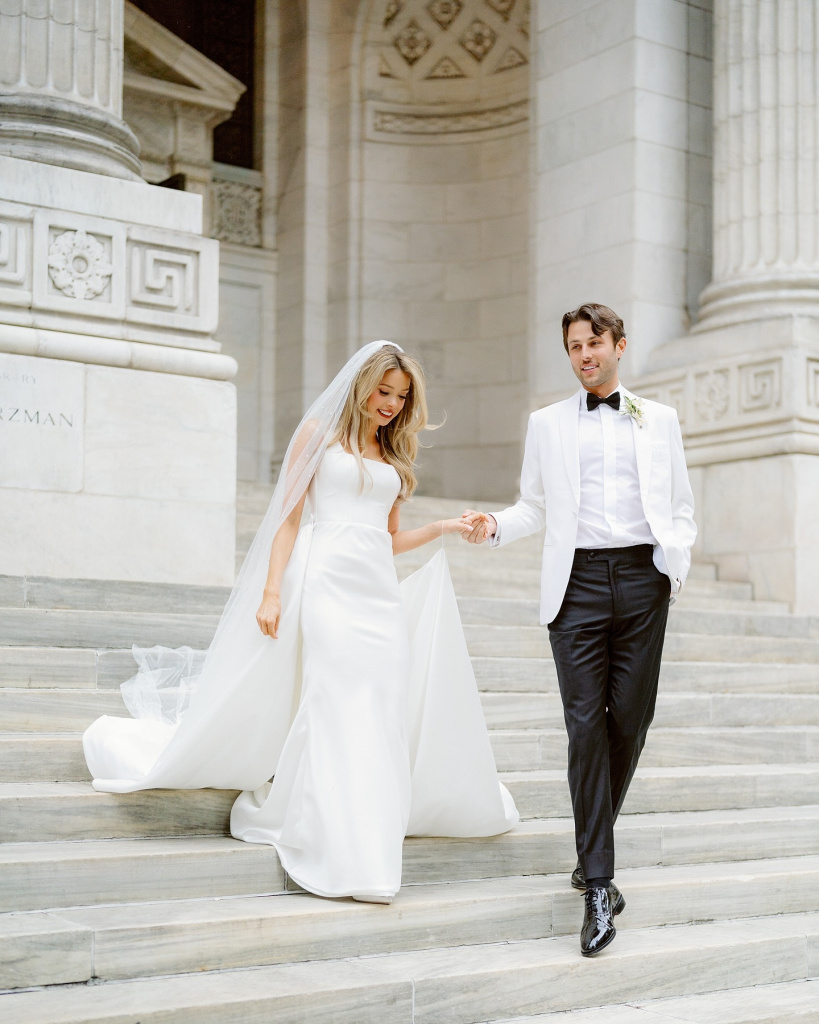

Life Experiences Shape Readiness for Marriage


Another important consideration when determining the right age to get married is the accumulation of life experiences. The more experiences a person has, the more they learn about themselves, their preferences, and their expectations for a partner. Engaging in hobbies, traveling, pursuing higher education, and working in various fields can help individuals gain a broader perspective on life. These experiences contribute to personal growth, making them more prepared to handle the responsibilities and challenges that come with marriage.


Marrying too young can sometimes limit these opportunities, as the obligations of married life might take precedence over personal exploration. On the other hand, waiting until later in life to marry allows for a more diverse set of experiences, which can enrich the relationship by bringing different perspectives and shared adventures. Couples who have had the chance to pursue their passions and aspirations may enter marriage with a stronger sense of fulfillment, reducing the risk of resentment over unfulfilled dreams.
The Role of Societal and Cultural Expectations
Societal and cultural expectations continue to play a significant role in shaping perceptions about when to get married. In some cultures, marrying young is still regarded as the norm due to deeply rooted traditions and family values. Family pressure can also be a significant factor, especially in communities where marriage is viewed as an essential milestone that should not be delayed. In such cases, individuals may feel compelled to marry earlier than they might otherwise prefer, in order to meet cultural standards or avoid disappointing their families.
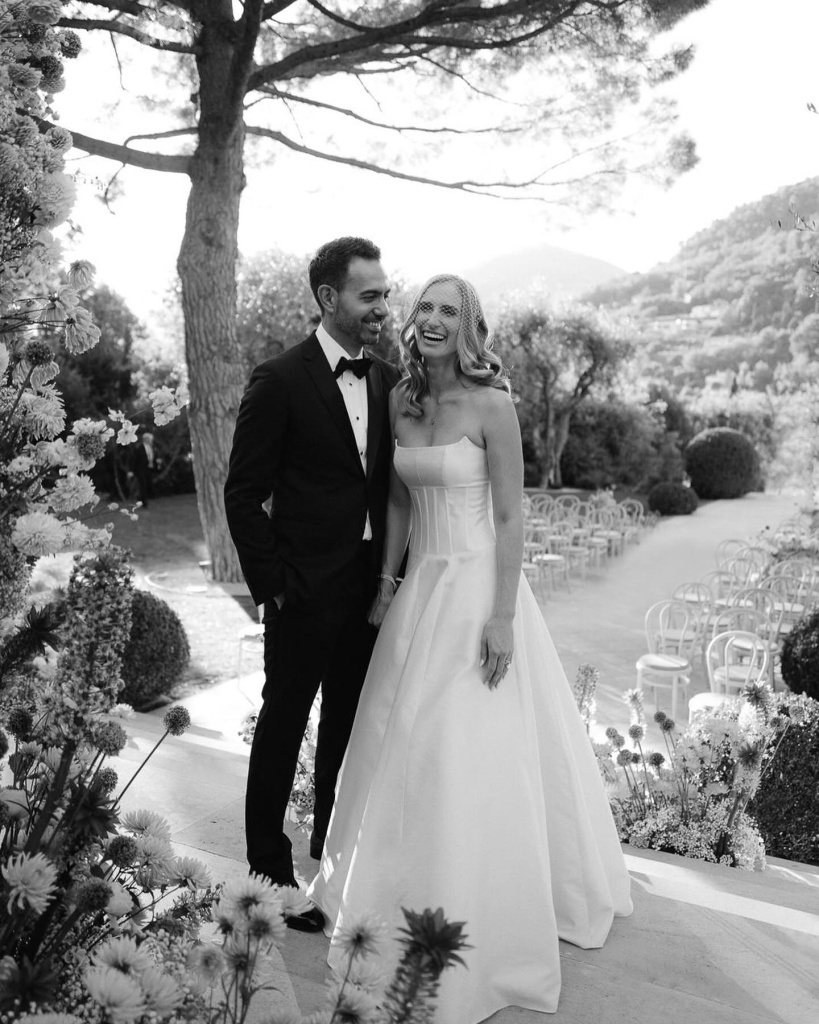

Conversely, in modern and more progressive societies, later marriages are often seen as a sign of independence and self-sufficiency. Individuals are encouraged to focus on personal development, pursue their careers, and establish themselves before considering marriage. The acceptance of diverse lifestyle choices has contributed to a more flexible understanding of the “ideal” age for marriage, allowing people to make decisions based on personal readiness rather than social expectations.


Pros and Cons of Getting Married at Different Ages
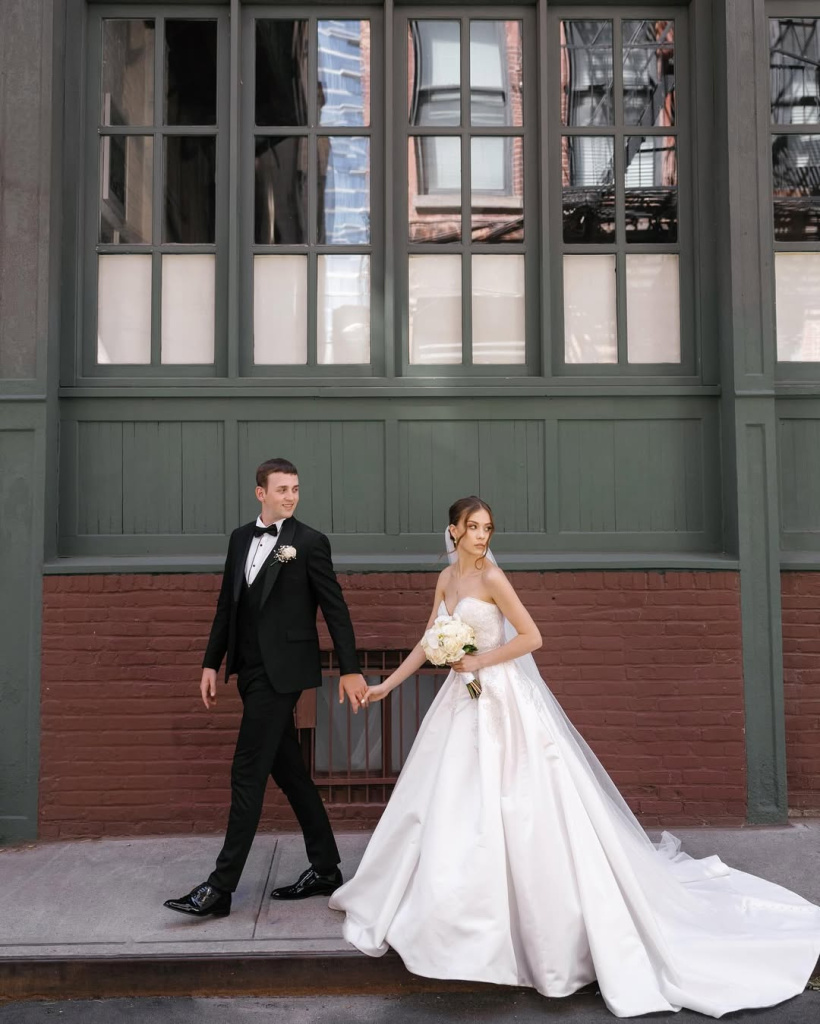



Analyzing the advantages and disadvantages of marrying at various stages in life can help individuals make an informed decision about the best time for them to walk down the aisle.
Marrying in the Early Twenties
- Pros:
- Couples who marry young have the opportunity to grow and evolve together, which can strengthen their bond.
- Younger individuals often have more energy and enthusiasm for shared activities and new experiences.
- Those who wish to start a family sooner may find that marrying young aligns with their biological clock.
- Cons:
- Emotional immaturity can make it difficult for young couples to handle the inevitable conflicts and compromises in marriage.
- Financial instability may pose a challenge, as young partners are often still working to establish their careers.
- Personal aspirations and life goals may change significantly over time, potentially causing tension if partners grow in different directions.


Marrying in the Late Twenties


- Pros:
- Individuals tend to have a clearer understanding of who they are and what they want in a partner.
- By this age, people are more likely to have established careers, leading to greater financial stability.
- The couple can still enjoy the excitement and energy of youth while approaching the relationship with a more mature mindset.
- Cons:
- Some individuals may feel pressure to start a family quickly, which can add stress to the relationship.
- If one partner is not as emotionally ready as the other, it may create an imbalance in the relationship.
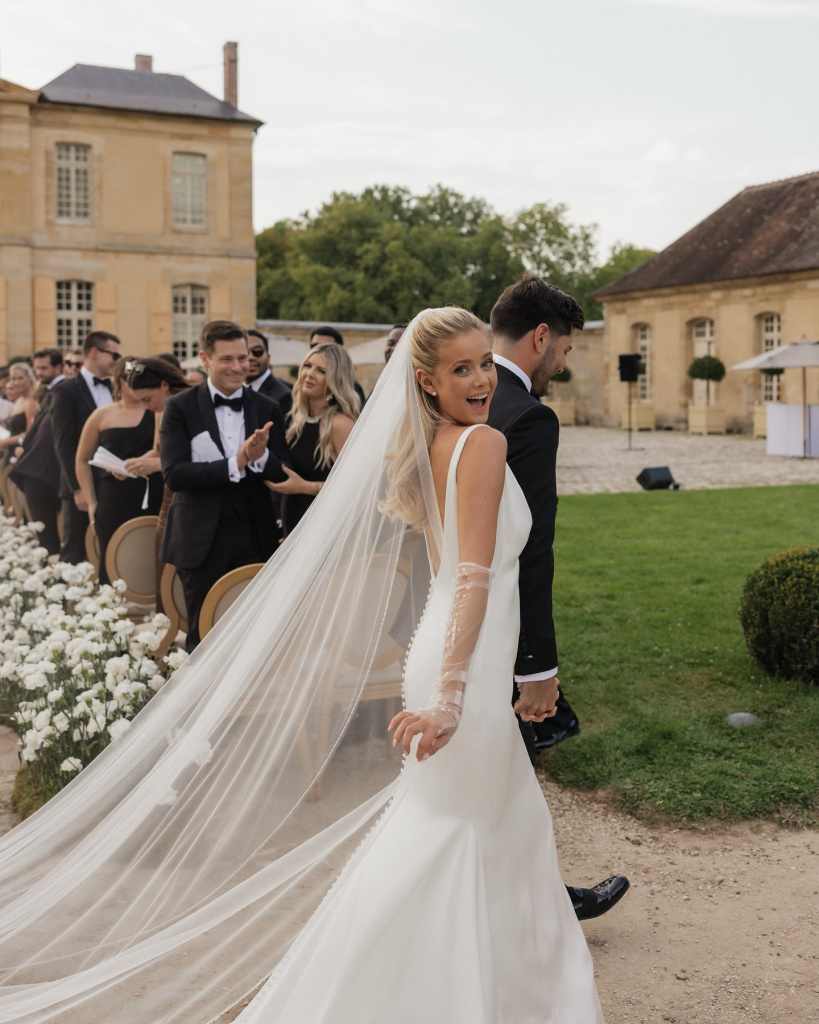



Marrying in the Thirties



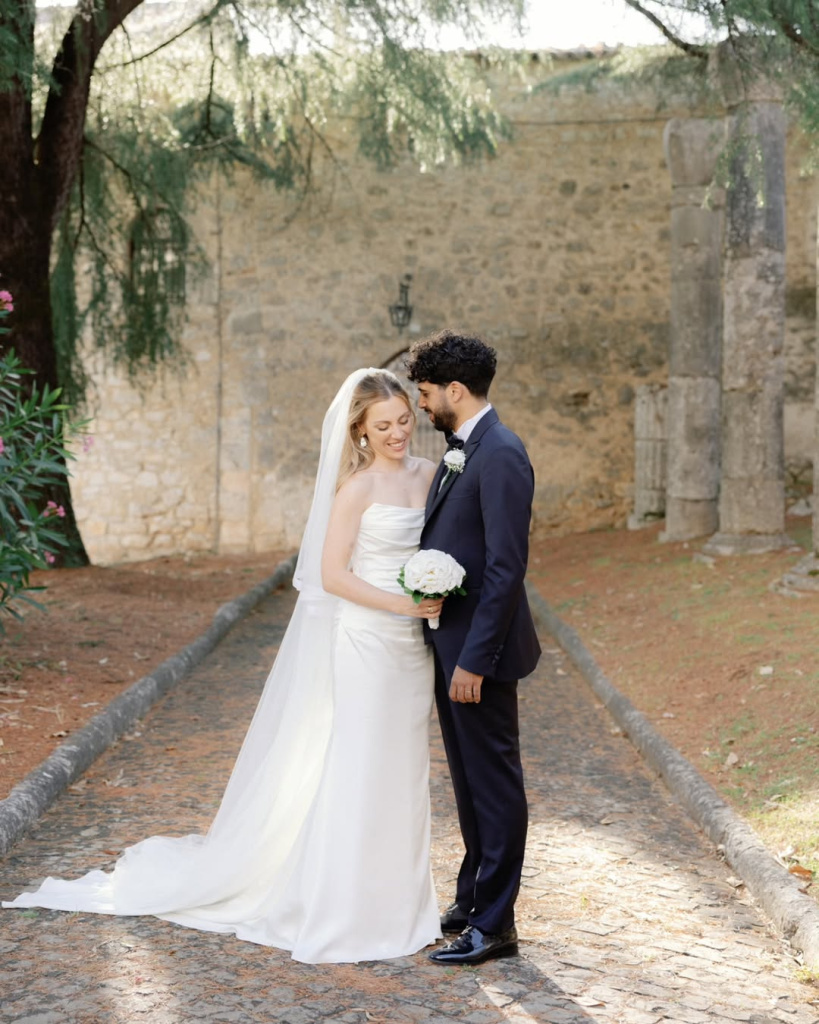
- Pros:
- Higher levels of emotional maturity often result in better communication, conflict resolution, and decision-making.
- Financial security is typically stronger, allowing couples to focus on long-term planning and shared goals.
- By this time, individuals usually have a more refined understanding of their life goals and partner expectations.
- Cons:
- Fertility concerns may become more pronounced, especially for couples who wish to have children.
- Well-established individual routines may make it challenging for partners to merge their lifestyles.
- Some people may feel societal pressure or judgment for marrying later than the perceived "ideal" age.

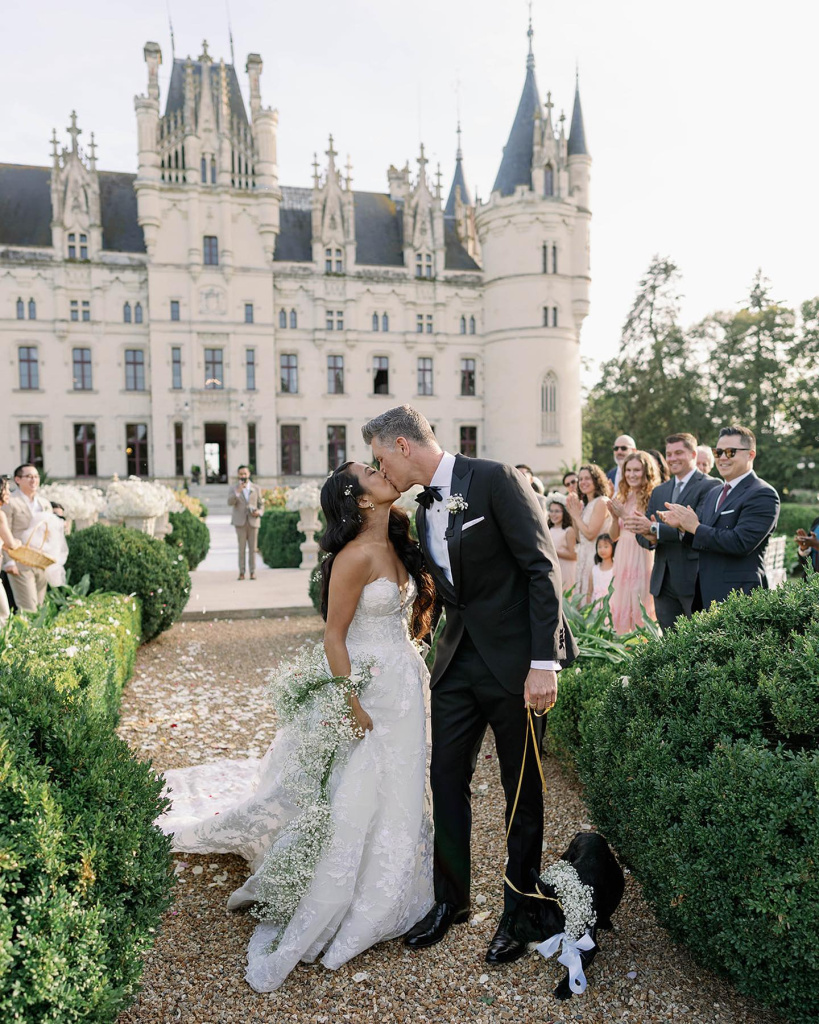
Marrying in the Forties or Later
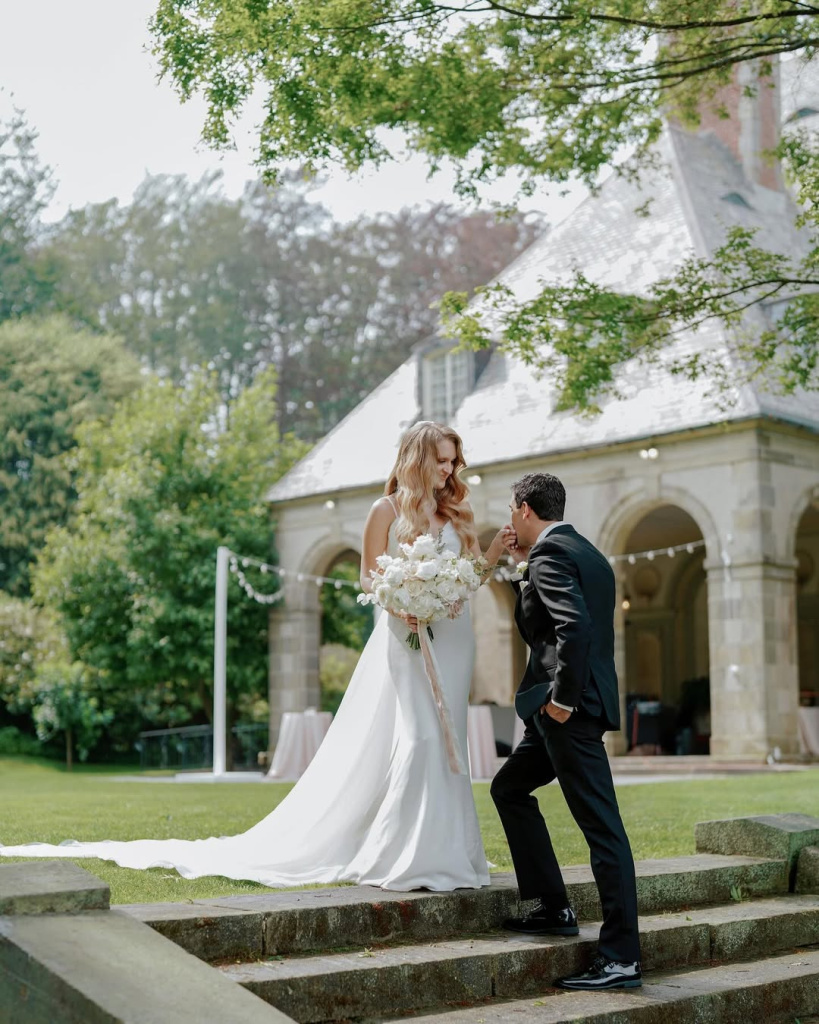
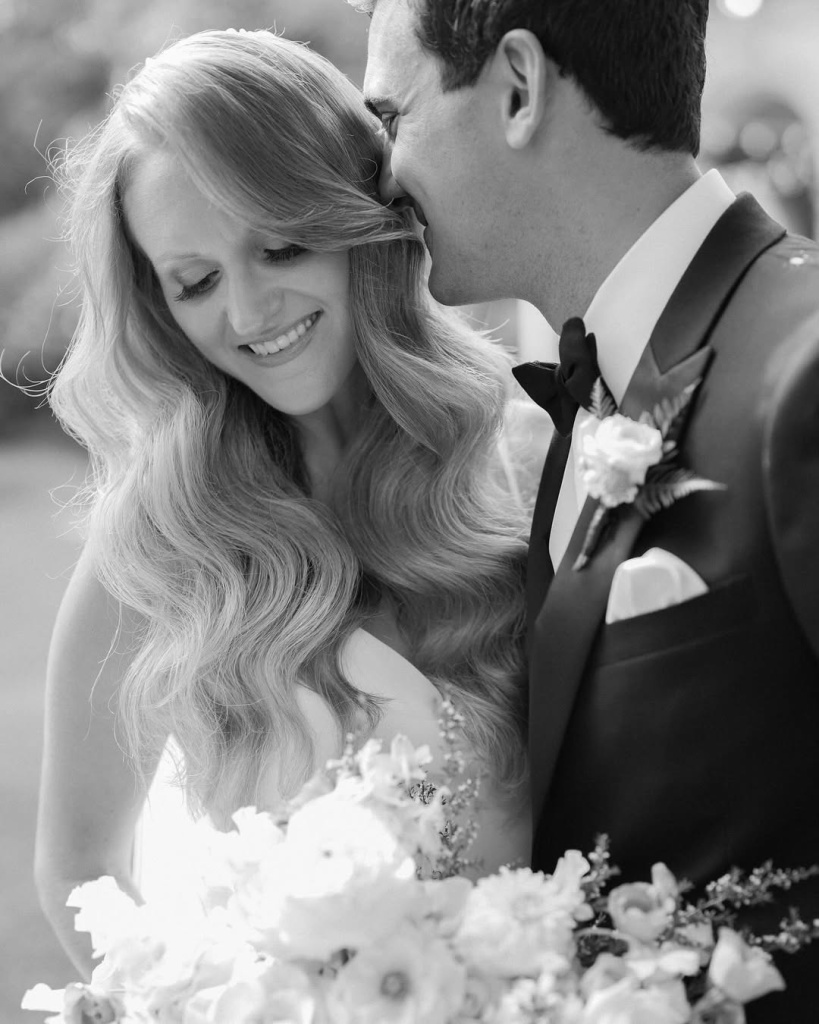
- Pros:
- People tend to have a profound level of self-awareness and maturity, which benefits the relationship.
- Financial stability is often at its peak, providing a strong foundation for married life.
- Life experiences accumulated over the years can contribute to a deeper and more meaningful relationship.
- Cons:
- Health concerns, including fertility issues, may be more common.
- Merging established lifestyles and routines can be challenging.
- The dating pool may be smaller, as many peers may already be married or in long-term relationships.


How to Determine the Best Age for Yourself
Finding the right age to get married is not a simple matter of following trends or statistics. It is a personal decision that depends on one’s life goals, circumstances, and readiness. Here are steps to help you determine the most suitable time to tie the knot:
- Set Personal Milestones: Outline the personal and professional goals you want to achieve before getting married. Whether it’s completing higher education, reaching a certain career level, or traveling the world, accomplishing these milestones can provide a sense of satisfaction that adds to a stable marriage foundation.


- Gauge Relationship Strength: Assess the health and stability of your relationship. Are you and your partner aligned on key life issues like career ambitions, children, and lifestyle preferences? Do you handle conflicts constructively? These factors are more indicative of your readiness for marriage than your age.
- Plan for Parenthood: If you want to have children, timing becomes important. Consider the implications of age on fertility and the health risks associated with late pregnancies. While it is possible to have children later in life, planning ahead can make the journey smoother.


- Seek Financial Stability: Be sure that you are in a financially stable position, or at least have a plan for financial growth as a couple. Marriage often involves shared expenses, and being financially prepared can alleviate potential stress.
- Reflect on Emotional Maturity: Take the time to evaluate your emotional readiness for marriage. Consider whether you have developed the necessary skills for a successful partnership, including empathy, patience, and communication abilities.
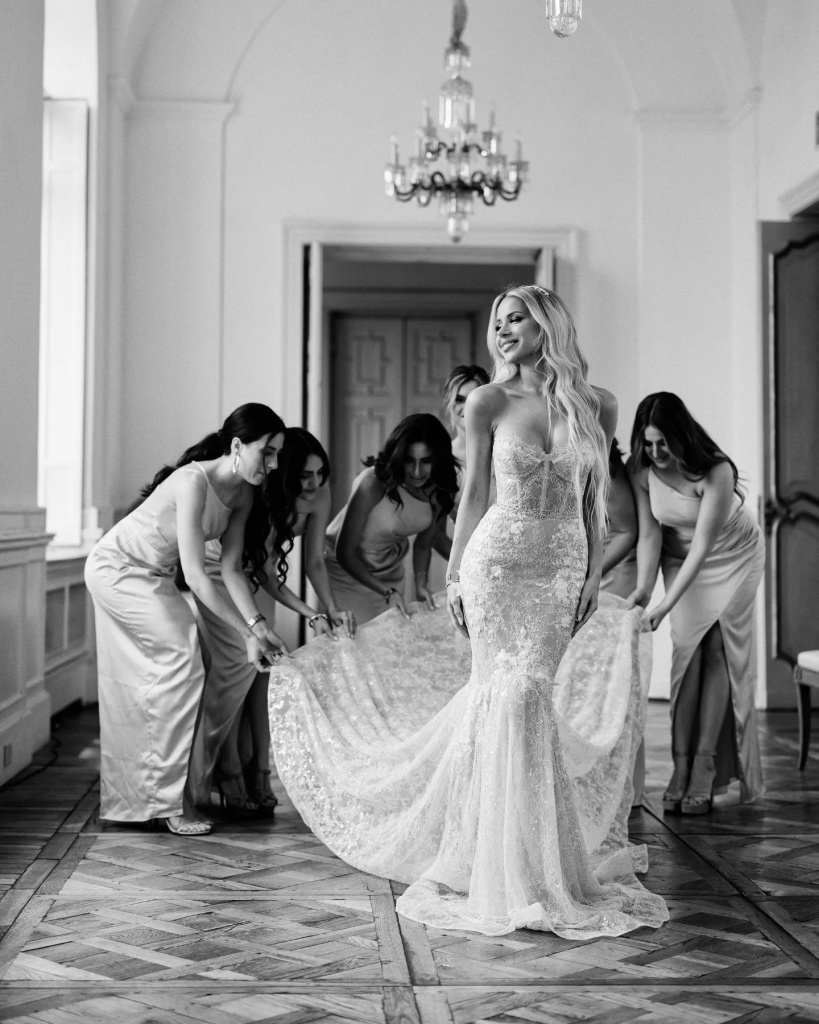

While there is no universal "perfect" age for marriage, the right time to get married depends on individual circumstances, maturity, and personal aspirations. Whether you choose to marry young or wait until later in life, the key to a successful marriage lies in the strength of the relationship, the readiness to commit, and the mutual understanding of shared goals and expectations.







